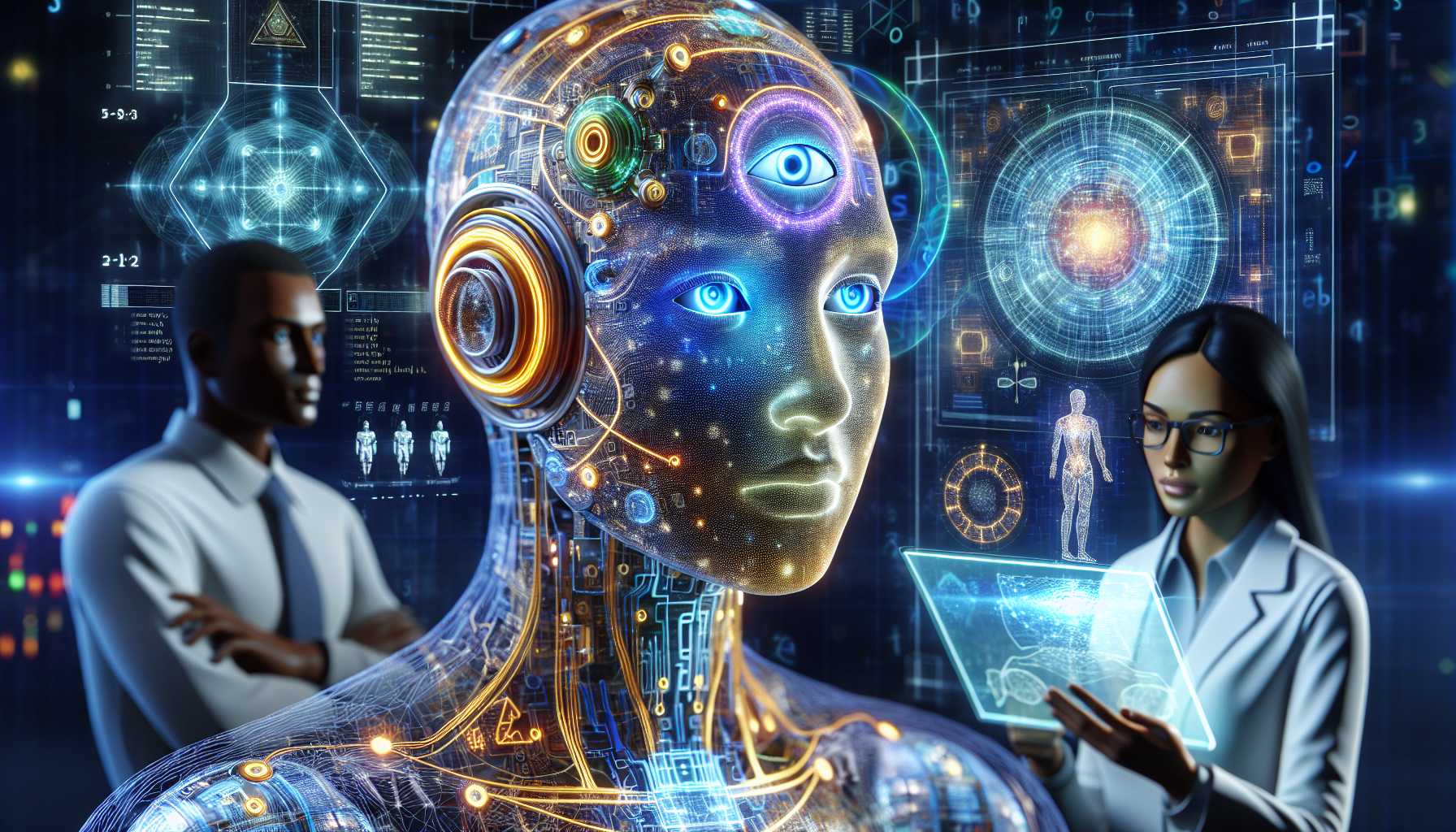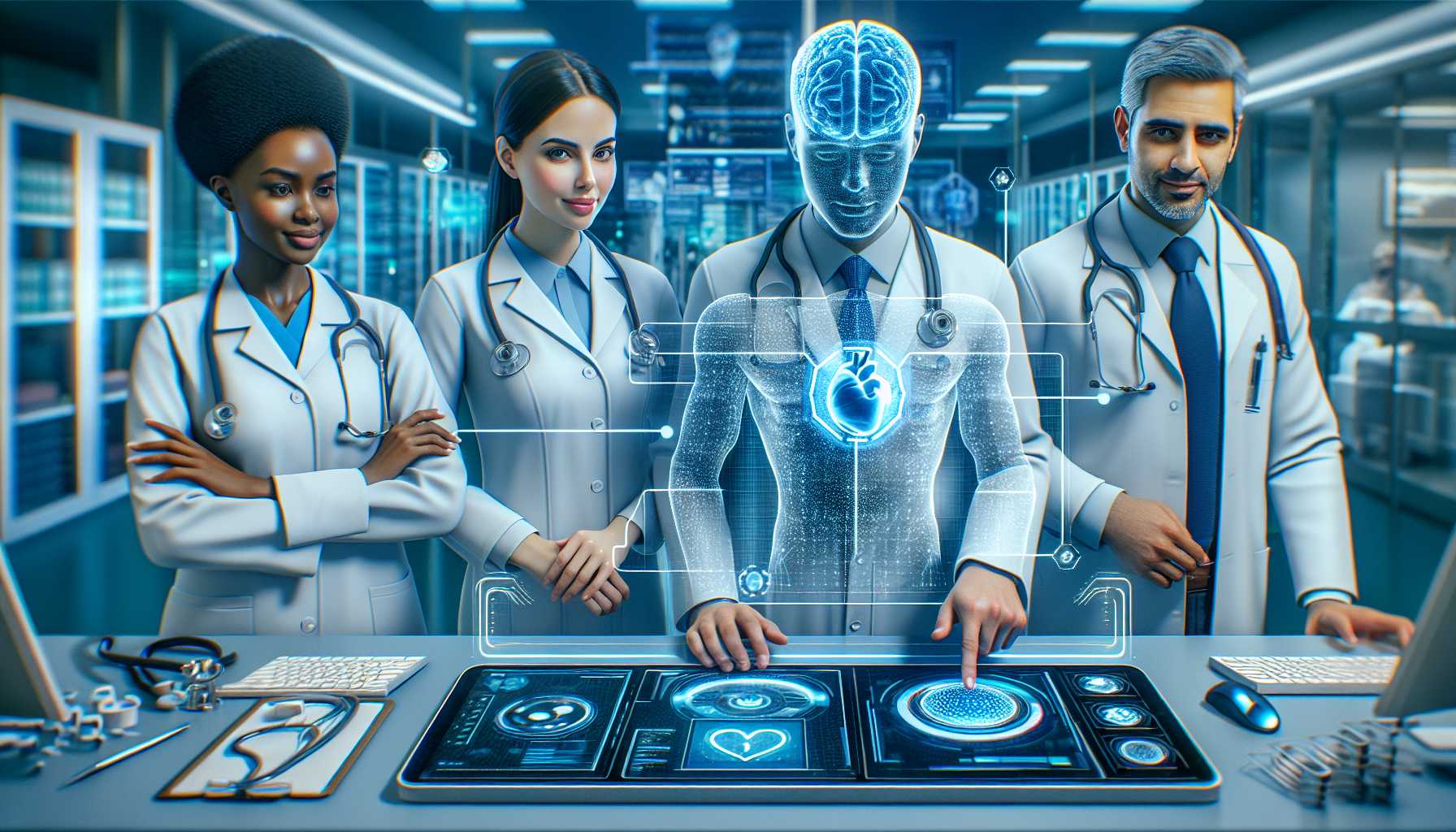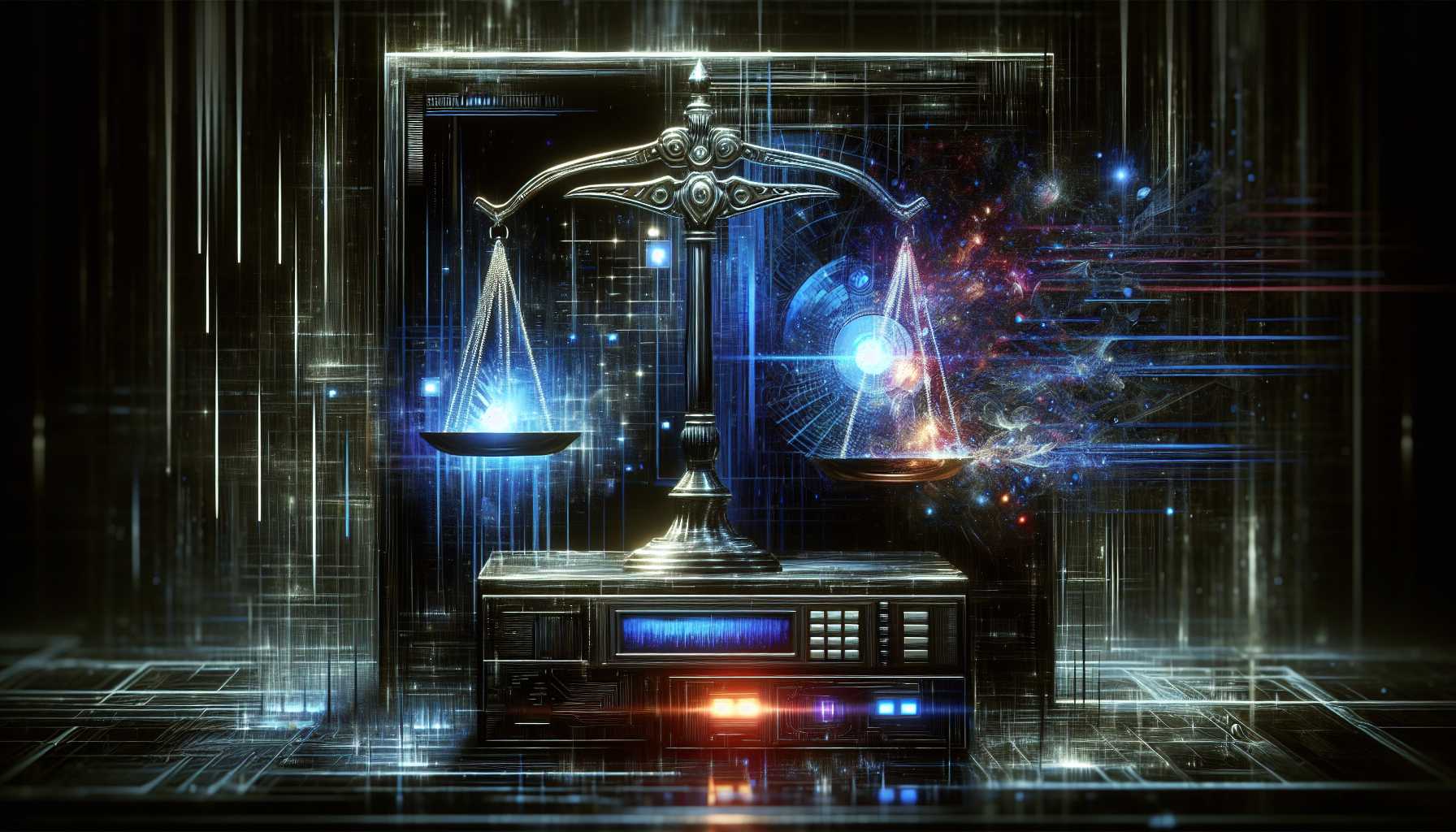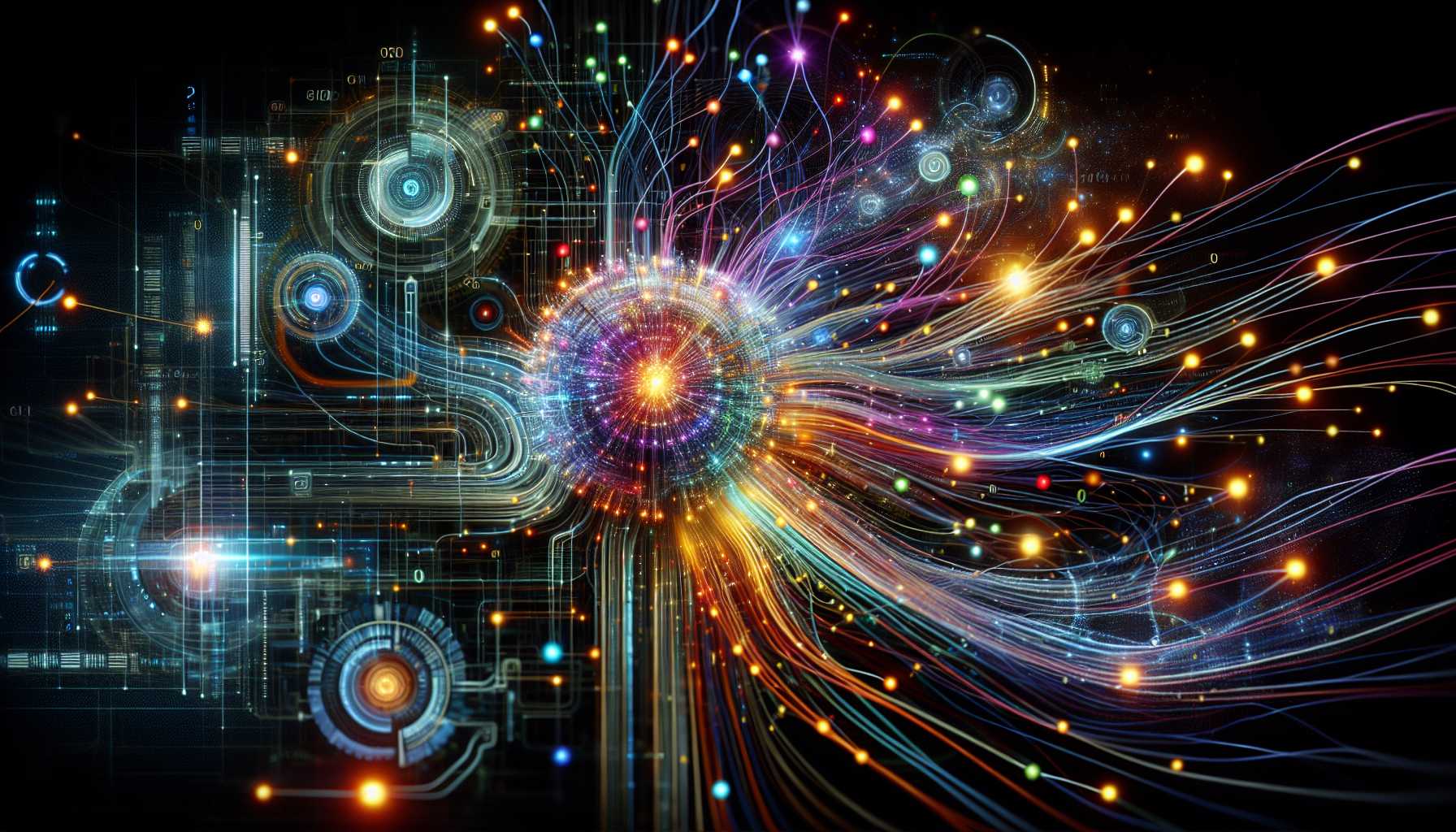Artificial Intelligence (AI) – a term once synonymous with distant visions of the future, has burst through the realms of science fiction and firmly established itself as the business buzzword du jour. There’s a fervent race among technology products to harness what many in Silicon Valley are hailing as the most significant innovation since the Internet itself. Yet, amid this ceaseless chatter, the human narratives often get overshadowed. Who are the architects of this digital revolution? Who are its stewards? And, if these large language models and automated systems are set to redefine the very paradigms of labor and capital, what does the transition look like in real-time?
Let’s peel back the curtain on AI and explore its current state: from real-world applications and triumphs to the challenges, the misfires, and what it genuinely embodies when we speak of ‘artificial intelligence’.
The Humans Behind the Code: The Architects of Artificial Intelligence
If every AI tale is a skyscraper scaling the technological heavens, then it’s the coders, the data scientists, the ethicists, and the end-users who lay the foundations brick by digital brick. These builders of the virtual world operate out of labs, startups, and often from behind the unassuming glare of a laptop screen, constructing algorithms that can outpace human thought, yet imbued with a level of empathy and understanding that remains quintessentially human. AI, in its essence, is a mirror reflecting our own intellect – albeit one that can process and analyze data at bewildering speeds. The creators of AI systems are not only technologists but artists and philosophers, grappling with questions of consciousness, fairness, and the future of work. As we speak, they are writing the narrative of tomorrow’s world, often in lines of code that feel more like stanzas of modern poetry.
The Influence of AI on Labor: A Brave New Workplace
The notion that AI will upend the workforce isn’t simply hypothetical; it’s already happening. However, the narrative is not solely one of doom and gloom – of robots usurping human roles. It’s also a narrative of transformation and transcendence. AI is redefining occupations, creating new job categories, and enhancing human capabilities. For instance, AI deployed in healthcare doesn’t only predict patient outcomes with improved accuracy, it also allows practitioners to devote more time to care. In manufacturing, AI-driven automation elevates human workers from repetitive tasks to supervisory roles that necessitate critical thinking. These vignettes reveal that the AI revolution could be less about replacement and more about the evolution of work itself.
Where AI Falters: The Hype Meets Reality
It would be a disservice to wax lyrical on AI’s virtues without addressing its foibles. Yes, AI can stumble and tumble. One of the principal pitfalls is the tendency for AI systems to exhibit bias – an artifact of their coding and the data they consume. And as we’ve seen with several high-profile missteps, when AI errs, it can do so monumentally, with repercussions that ripple throughout society. Yet, these failures are instructive; they are growing pains in a nascent field. They command us to iterate, to refine our data, and to re-examine the ethical underpinnings of our algorithms. The fallibility of AI is not indicative of its futility but rather an invitation to engage with these systems mindfully, balancing our aspirations with sober evaluations of their current capabilities.
The Enigma of Definition: What Do We Really Mean by AI?
In reckoning with AI, we must first dispel the vagueness that shrouds its definition. Artificial Intelligence, as I interpret it, is the endeavor to distill human cognitive processes – reasoning, learning, and self-correction – into a format that can be mimicked and scaled by machines. It’s not a single technology, but an umbrella encompassing machine learning, natural language processing, robotics, and more. When we say AI, we’re talking about systems that can recognize faces, interpret speech, defeat grandmasters in chess, and autonomously navigate the Martian surface. But we’re also talking about chatbots that streamline customer service, predictive algorithms that refine marketing strategies, and digital assistants who manage our schedules with eerily human deftness. In essence, AI is the embodiment of human ingenuity – a digital Phoenix rising from the ashes of our collective knowledge, poised to reimagine every industry and touch every life.
As we venture further into this brave new world, let’s do so with mindfulness and humanity at the helm. The advent of AI isn’t just an industrial revolution; it’s a cultural one. And as much as we marvel at our silicon progeny, let’s not forget the power of the human stories at the heart of this technological odyssey.





